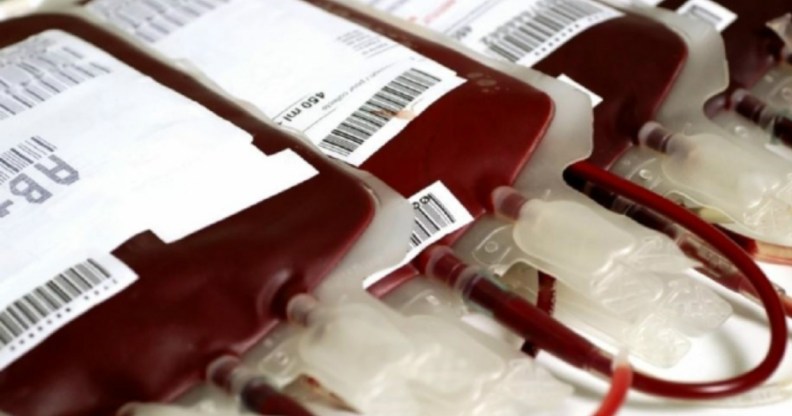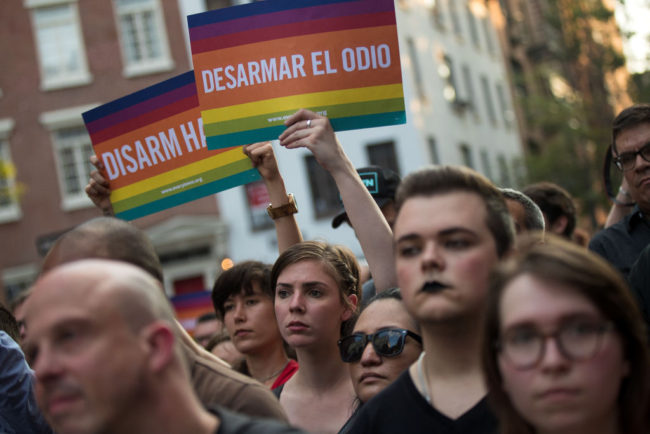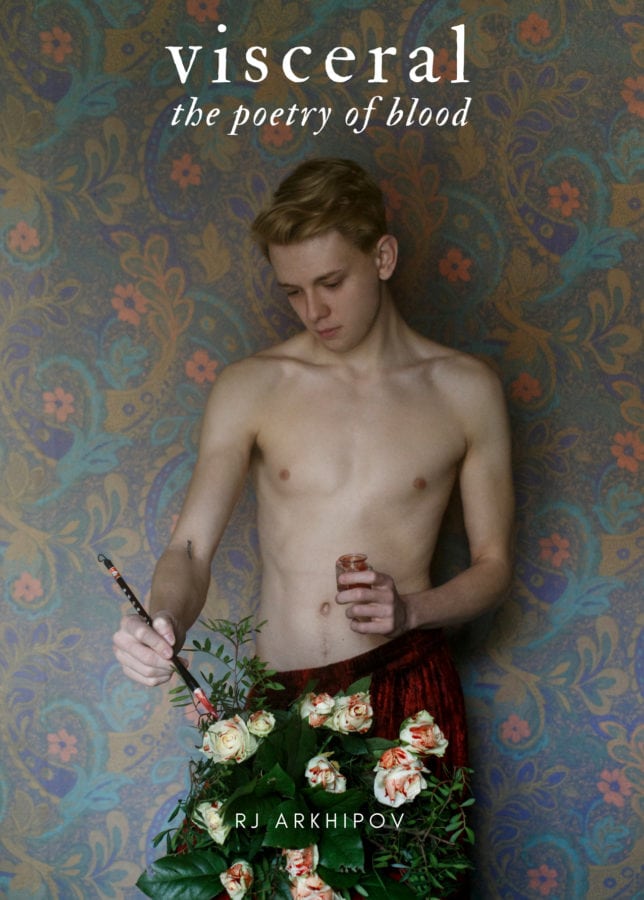World Blood Donor Day: Why is my gay blood not good enough to save lives?

(Getty)
Two years ago this week—less than a fortnight into Pride month—the deadliest incident of violence against LGBT people in the United States struck the gay nightclub, Pulse, in Orlando, Florida.
The lives of forty-nine members of our community were stolen that night and a further fifty-three others were wounded in what was, at the time, the United States’s deadliest mass shooting committed by a single shooter.
As the news story broke worldwide and the victim toll rose, local blood donation centres saw surges in potential donors.
One donor, however, remained unwelcome. As gay men in Orlando learnt of their friends, both fallen and fighting for life, the tragedy was further deepened by the fact that the blood of gay men was not considered worthy of saving their lives.
In the UK, the blanket ban on gay men donating blood dates from the the height of the HIV/AIDS epidemic.
The lifetime exclusion was rebranded as a 12-month deferral in late 2011 and as a three-month deferral in late 2017.

People attend a memorial service and rally for the victims of the 2016 Pulse nightclub shooting (Drew Angerer/Getty Images)
The NHS Blood and Transplant website states: “Statistically, men who have sex with men have a higher risk of acquiring blood-borne diseases, infections and viruses.”
It continues, “That is why we can’t collect blood from men who have had oral or anal sex with men, with or without protection, in the last three months.”
Our current blood donor policy, however, does not reflect a concern for public safety.
If it did, our government would have implemented a truly individual risk-based assessment whereby each person is assessed according to their own personal risk.
The banning of a man who has had a sexual encounter with another man in the past three months remains very much rooted in prejudice.
Under the current policy, a gay man who has had oral sex with another man in the past three months is unable to donate his blood, despite there being little to no risk of transmitting HIV from oral sex and no evidence whatsoever of HIV transmission from protected oral sex.
A heterosexual man or woman, however, with numerous unprotected penetrative sexual encounters faces no such restriction.
Not only is the proscription irrational, it further burdens our community with stigma and deprives the NHS of much needed blood donations.
Countries such as Argentina—who today will vote on decriminalising abortion—have already done away with the antiquated blood donor ban in favour of policies which assess donors on their individual risk. It’s time the United Kingdom—and other countries who preserve these prejudicial policies—followed suit.

(Maud Maillard)
RJ Arkhipov is a gay Welsh poet. His first book, Visceral: The Poetry of Blood, explores the intimacies and stigma of the contemporary gay experience and is published today on World Blood Donor Day by Zuleika.
Visceral: The Poetry of Blood by RJ Arkhipov (Zuleika, £30). To order a hardback copy, visit Foyles (free postage and packaging)

